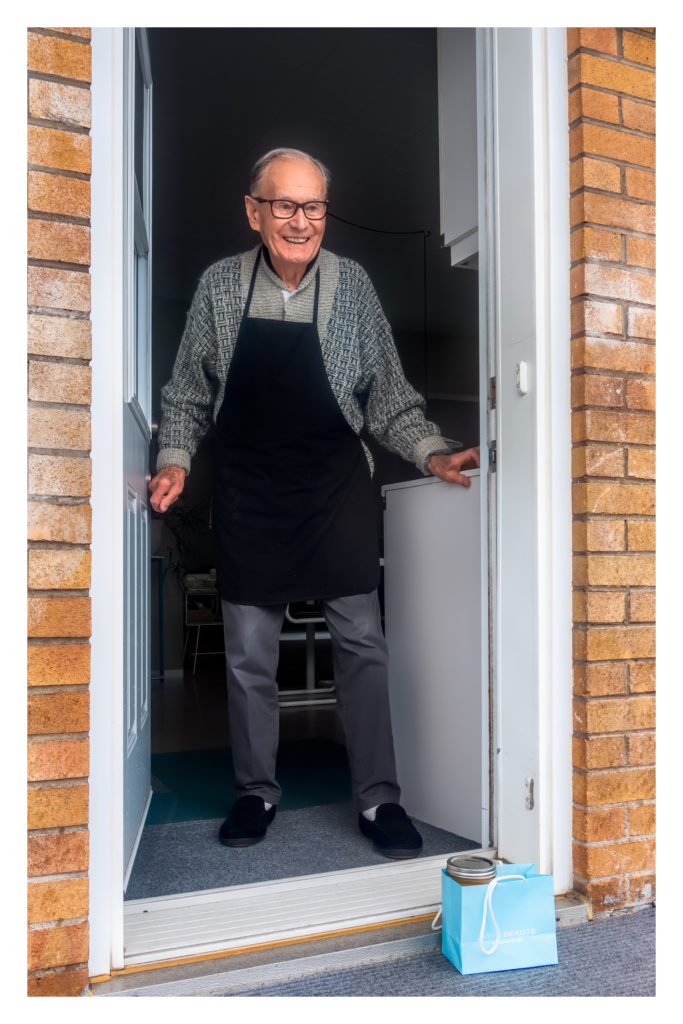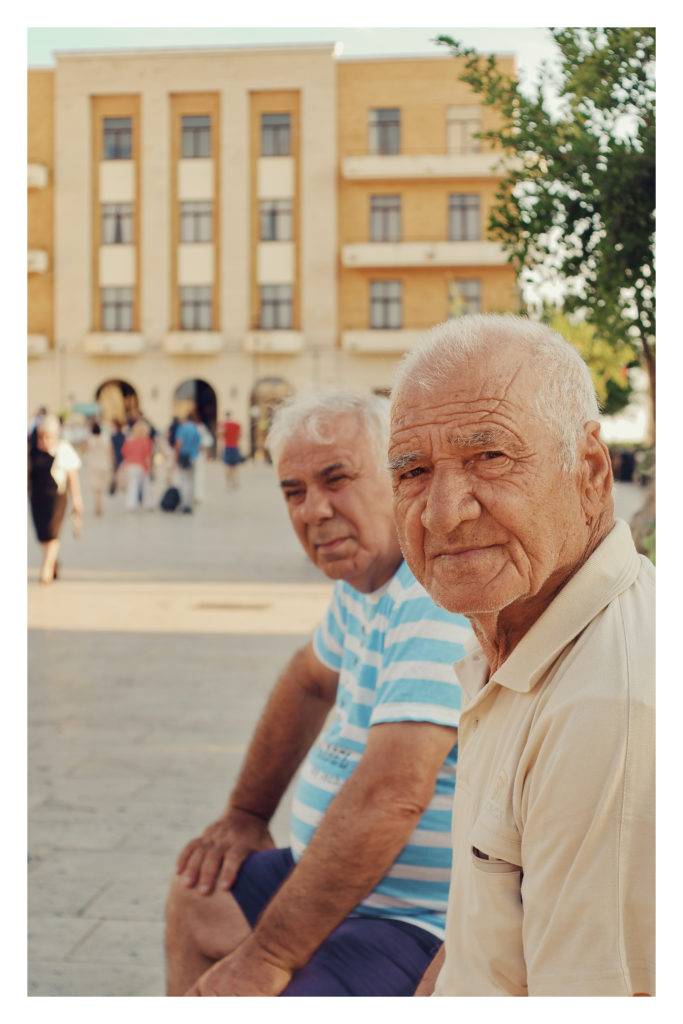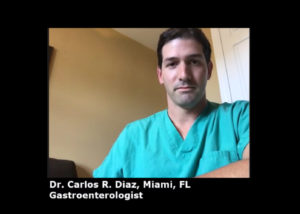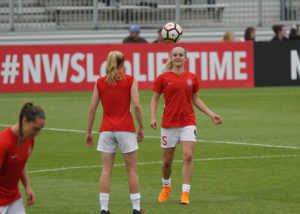How to Caringly Care for Aging Parents

I took on helping Granddad with his medical decision making when he was 82. He had been neglecting his health for years as he cared for his wife. She had Alzheimer’s. He was her caretaker and I admired how well he took care of her. It left him little time and energy to care for himself.
When she passed, we needed to get Granddad to a dentist. His teeth had always been a problem and he hadn’t visited a dentist in years. He needed to have all sorts of things done.
Before he could move forward, his new dentist asked to see medical records. “He’s up there in age,” he told me. “We can’t move forward without knowing more about his general health.”
Granddad pointed me to his primary care physician (PCP) where I thought we could get all we needed. I’m an attorney. I know what to do legally to make medical decisions for my grandfather if he cannot. I didn’t know how the medical side of things worked.
Getting information concerning Granddad’s general health was tough. In the past decade, he had been hospitalized twice for diverticulitis. He’d passed kidney stones – the poor guy. He faced prostate issues that weren’t too serious. He had visited two different urology teams and a nephrologist. Because these two conditions happened years apart, the kidney stone team and prostate team had never spoken.
It’s concerning to think what could have happened because of all the medications he was taking. We had bottles with the names of different doctors on them. These doctors weren’t talking to each other. I was thankful he hadn’t had complications because of all this lack of coordination. So very few of his medications were in his PCP’s records.
Getting this figured out using the records from all the different sources was like assembling a thousand-piece jigsaw puzzle. There were hospitals with records, diagnostic center records and different doctors with their own records. The mail order drug company had records on when medications had been sent. The PCP’s records had some of these, but not all. Jigsaw puzzle pieces were hidden everywhere and there was no one place you could go to see how they all came together.
Once I did find a new record, I had them faxed or send it to me. Other providers would ask me to drop by the office to pick up large stacks of paper. I made copies and made sure Granddad’s PCP received copies for them to keep. The stacks of papers on my dining room table ended up being the records I used when Granddad needed them.

He eventually got the dentist care he needed, but the mess of records and the lack of coordination was a problem. Worse yet, even when I had the information, there was no easy way to get it to new doctors that needed them. And if someone needed them in an emergency, good luck. There was fast way to get the records to them.
Granddad passed at 88 and he got good care, but the medical record mess I inherited could have cost him so much. It made caring for him in his final years much more difficult than they had to be.
This information is something so very personal. It needs to be kept in one secure place that is easy to access. This has to include features for sharing it with healthcare providers so they can get to them quickly when they need them.



